For most Nigerians, talk of "revenue allocation" sounds like something reserved for policy wonks in Abuja. But what if I told you it’s actually about your child's school, your community’s healthcare, your state’s power supply, or even the pothole that’s been ignored for years?
In August 2025, the Chairman of the Revenue Mobilisation Allocation and Fiscal Commission (RMAFC), Mohammed Bello Shehu, made one thing clear: the current review of Nigeria’s Revenue Allocation Formula (RAF) isn’t just about sharing money. It’s about reshaping the way Nigeria works.
Right now, Nigeria operates with a fiscal model where the Federal Government collects most of the money, while states and local governments, those closest to the people carry the bulk of service delivery responsibilities. It’s like asking someone to build a house without giving them enough bricks.
Even after constitutional amendments in 2023 gave states more responsibility in areas like electricity and rail transport, the revenue formula didn’t change. That’s a problem, and RMAFC is finally trying to fix it.
Their approach is simple but revolutionary: make sure money follows responsibility. If a state is now in charge of running power services, it should have the funding to do so. Period.
At the heart of this reform is a bold idea to make states and local governments stronger and more financially independent. That means giving them the freedom to plan better, raise their own revenue, and tailor solutions to local needs without always looking to Abuja.
It’s not about weakening the centre. It’s about decentralizing development. Countries like Germany, India, and Canada have done this and thrived. Nigeria can too.
Here’s something most Nigerians don’t know: the last RAF review was over thirty years ago. That’s longer than democracy has lasted uninterrupted in the country.
Now, RMAFC wants to change that by institutionalizing regular reviews every five to seven years, or whenever major changes, like constitutional amendments, happen. That means our revenue system can finally keep up with our changing realities.
And in a rare but refreshing move, RMAFC is also pushing for performance-linked funding. Imagine a system where a state that improves education outcomes or boosts healthcare access earns more support. That’s how you drive progress, not just by spending money, but by showing results.
Ultimately, this is not just about percentages and spreadsheets. It’s about building a more inclusive, sustainable Nigeria, one where every region, regardless of size or history, has the tools to grow. It’s about giving citizens more visible returns on public funds and making governance work from the ground up.
As RMAFC prepares to roll out a new formula before the end of the year, the stakes couldn’t be higher. If done right, this could be the start of a more balanced, productive, and truly federal Nigeria.
It’s more than a formula. It’s a fresh start.




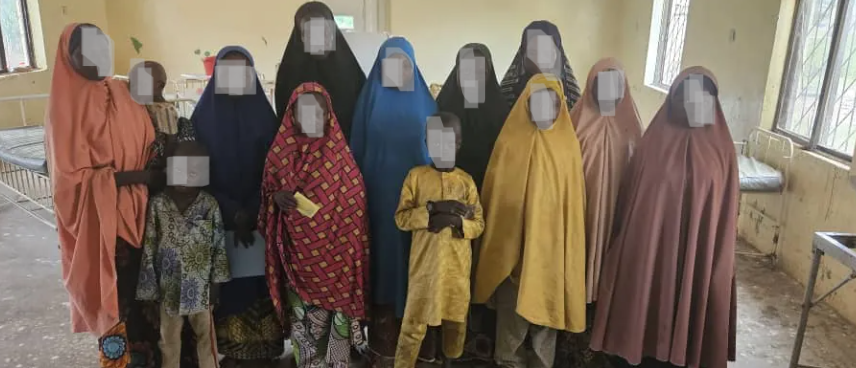
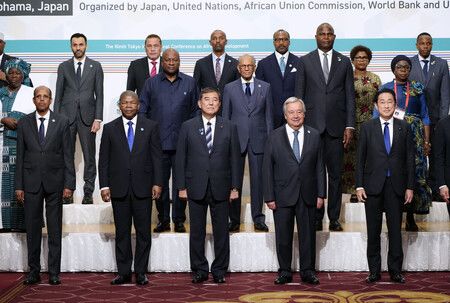

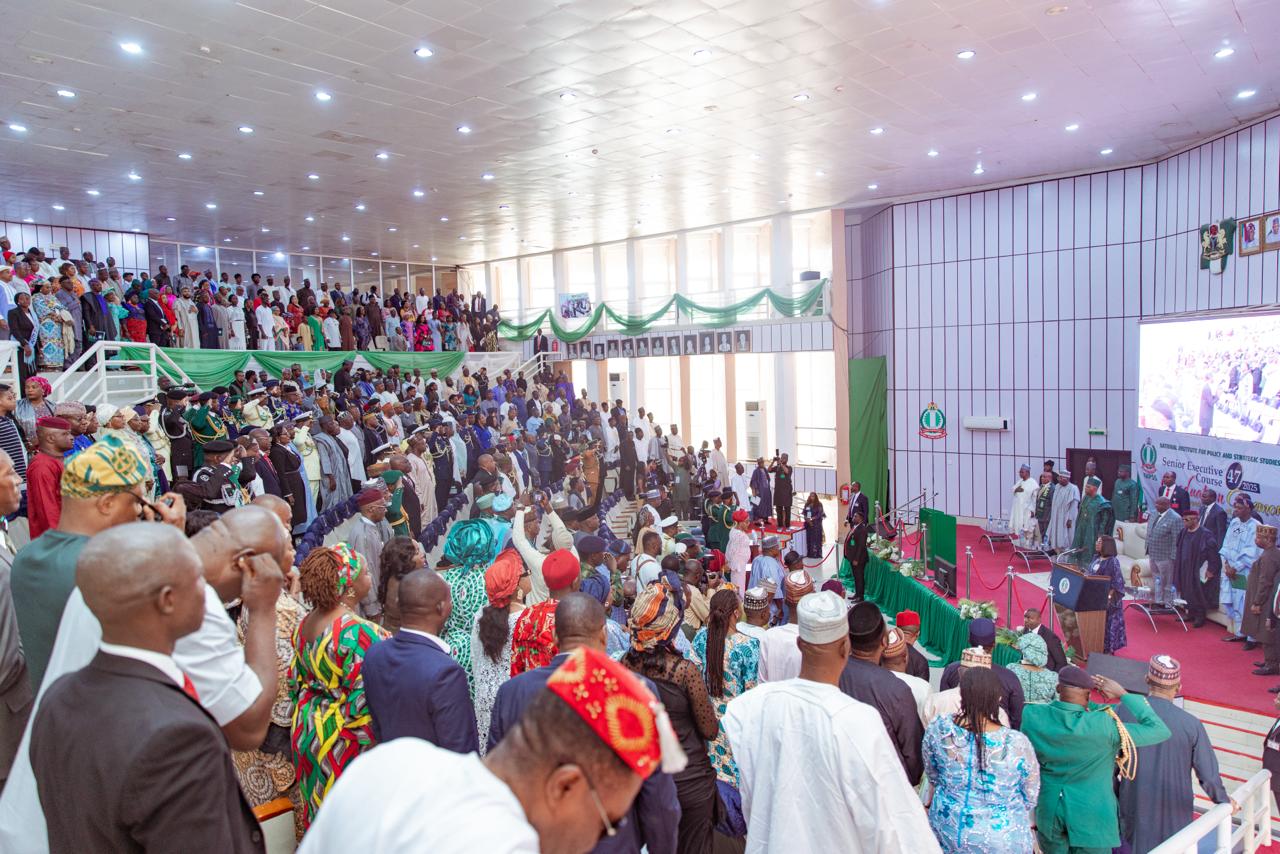
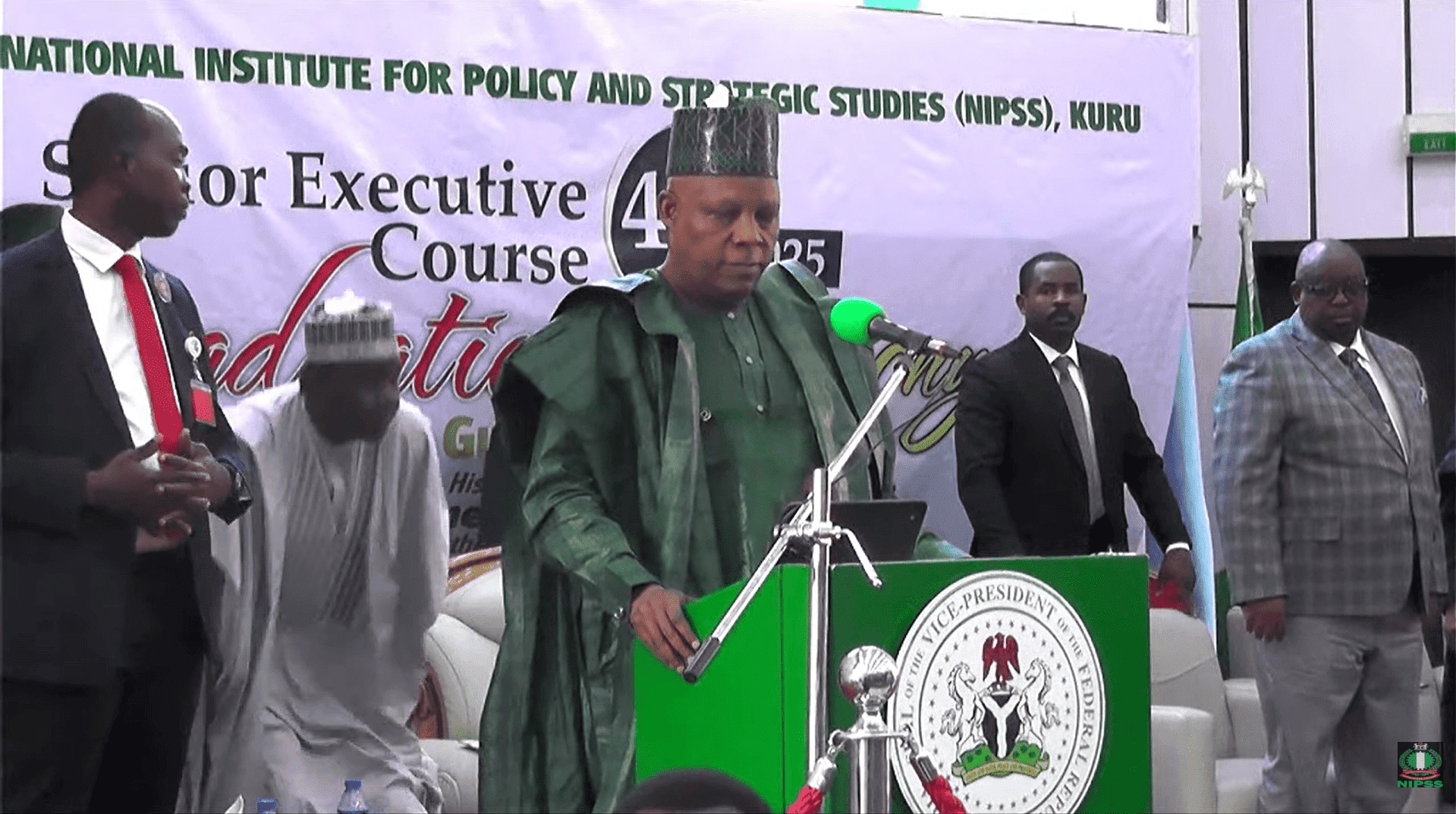
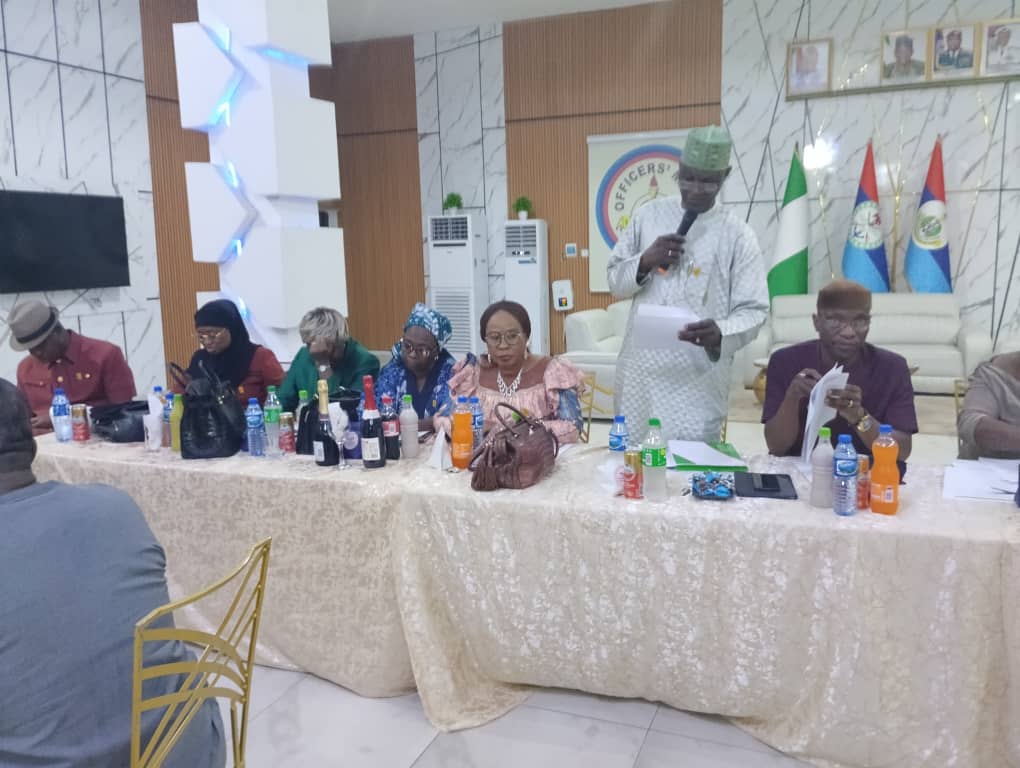
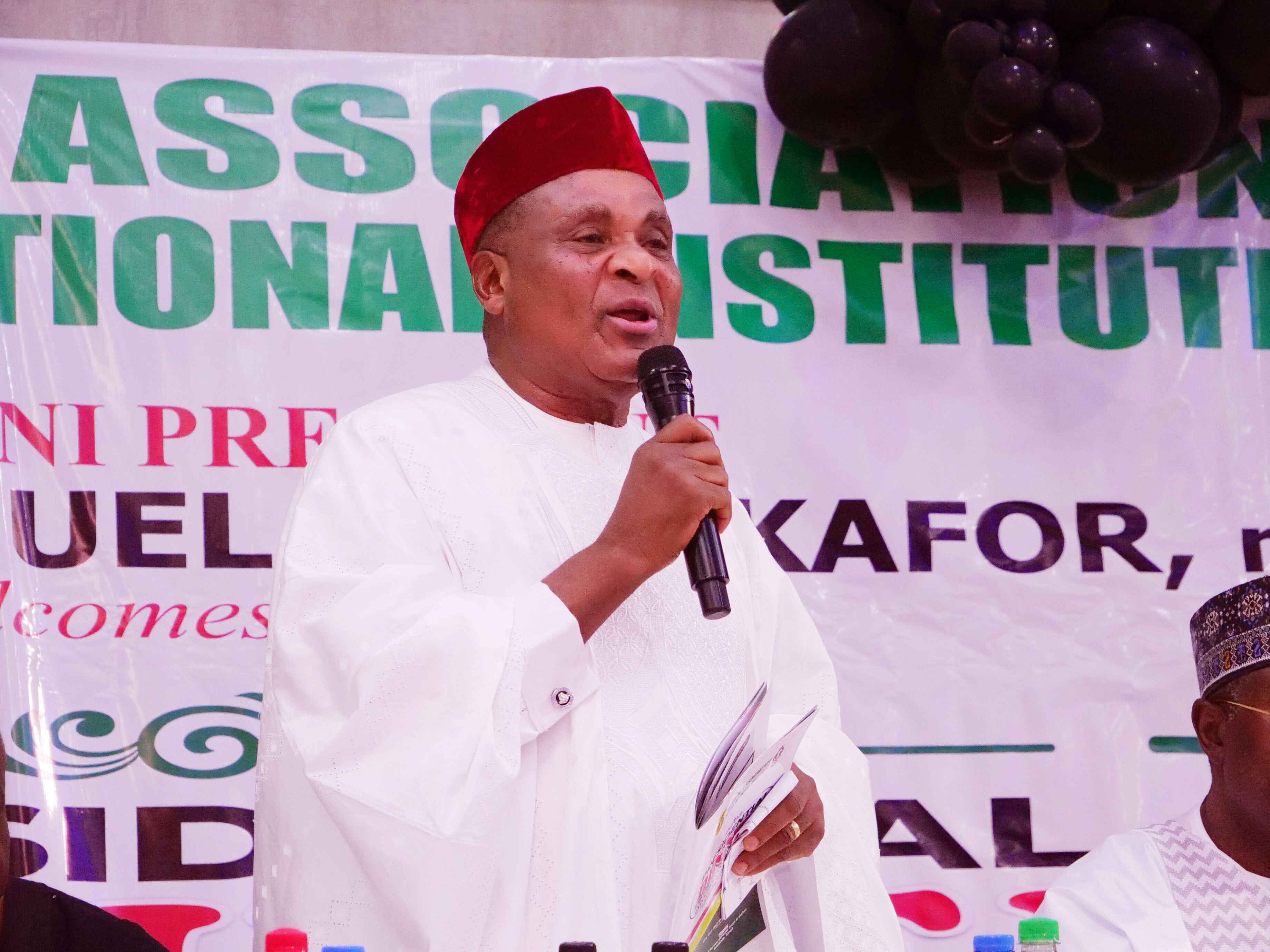
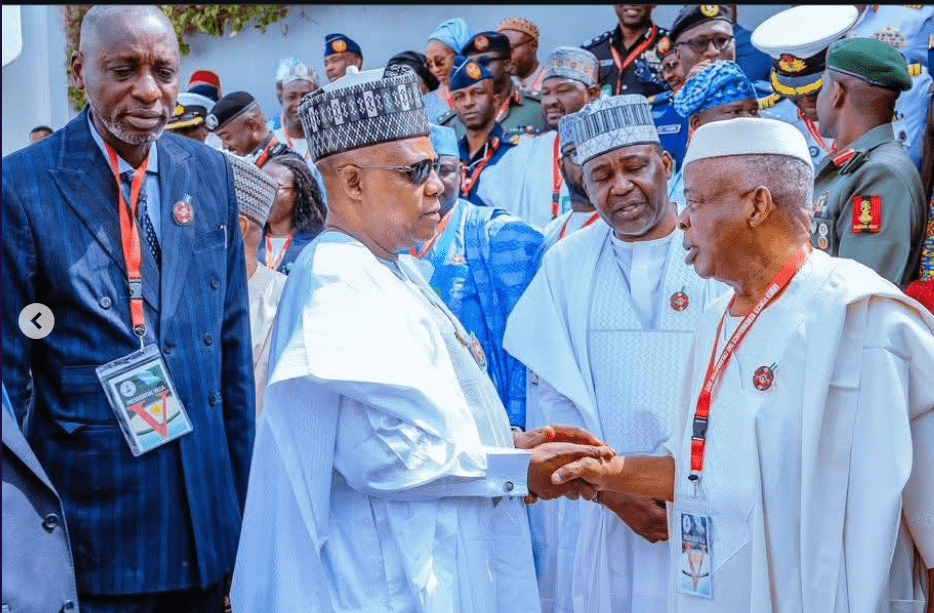
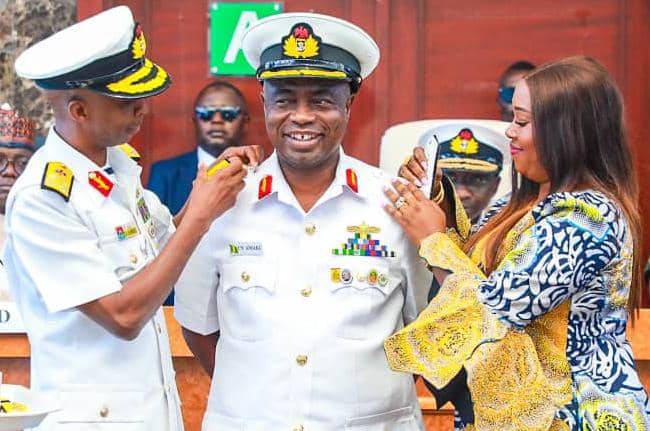
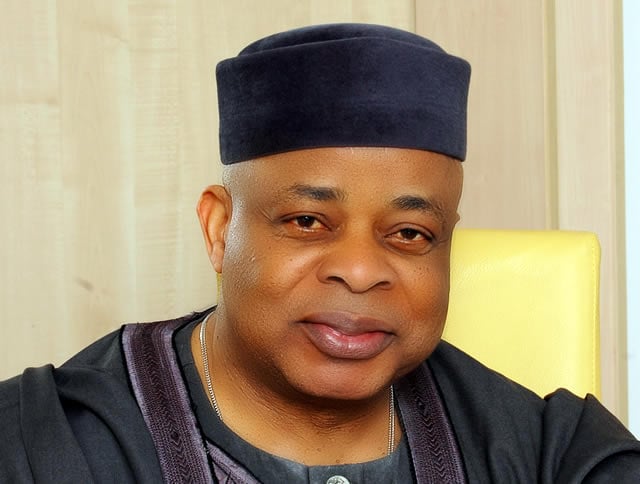
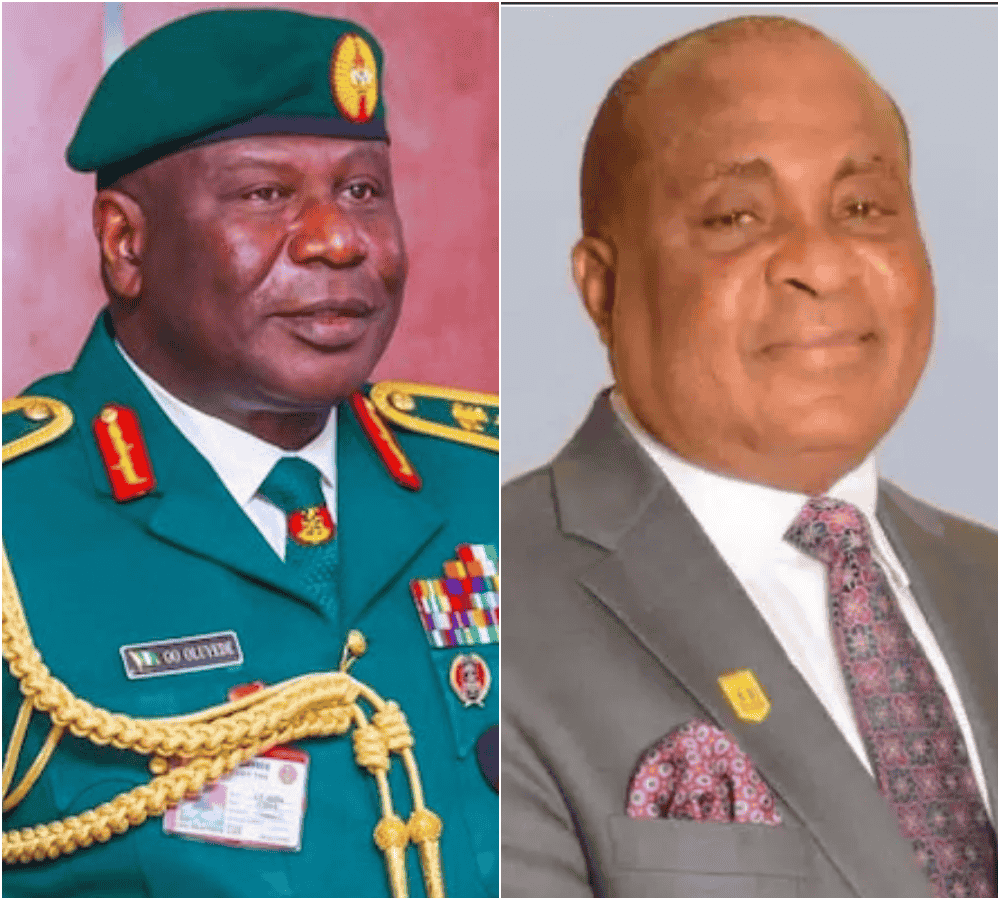

Leave A Comment